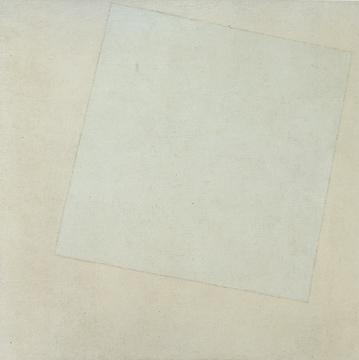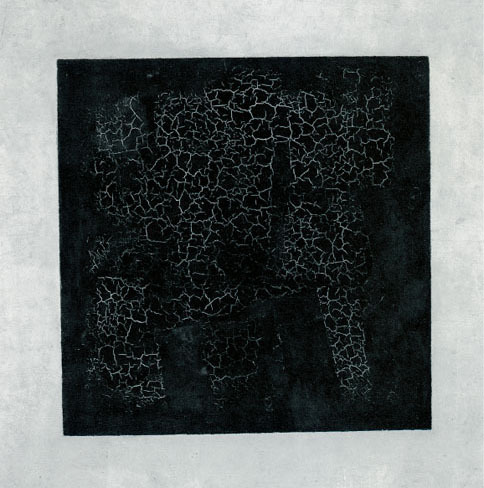WHITE/BLACK REQUIEM
A Poeme in Two Parts
I.WHITE

FOREWORD
Colors of the living.
Introitus: Requiem aeternam
REQUIEM
Kyrie eleison
WALL STREET
Sequentia: Dies Irae
THE BLONDE ON THE BALCONY
*Hotel, New York City.
A serving-man, proud in heart and
mind; that curled my hair; wore gloves in my cap;
served the lust of my mistress's heart.
and did the act of darkness with her.
King Lear.
Tuba mirum
SYLVIA
I.
II.
*Brooklyn, a scene of 20 years by a floor-mounted mirror.
i.
Is hued and stained in blackened orange,
Presto agitatissimo e molto accentuate,
And your breast sweat-soaked,
Baroque in motions of purple,
The ecstasy of my corpus,
Composed betwixt your legs."
With deepest shades of roses and pale lips,
Intoxicated by your gaze,
And Blok in golden shadow, runs wildly lit."
Seems welcoming to death, and I would die -
Beneath exotic plants, archaic Greek spoken amid red-figure,
Embraced in garments of marble, and Rilke's voice,
To be with you.
To penetrate your red lips in eternal youth,
Molding the world of hardened stone,
And sending it awash in waters for our pleasure."
Rex tremendae majestatis
SATYAGRAHA
Recordare
ST. PETERSBURG
Confutatis maledictis
CHRYSANTHEME
* A residence in New York City.
II.BLACK

Lost. As highlighted text is visible when standing fore in contrast with the background.
Lacrimosa dies illa
SEBASTIAN'S SUICIDE
I.
MORPHINE/NOTES ON RUSSIAN LITERATURE
*Evidence discarded as inconclusive and mostly illegible by the authorities.
*Beginning of Sebastian's Notes:
RERUM NOVARUM/ETHICS THROUGH MORAL CONTRADICTIONS
STROPHE
(The contradictions of repelling injustice and knowledge)
ANTISTROPHE
(Orthodoxy in the spirit of the rise of a nation and materialist contradictions of necessity and higher ethics)
STROPHE
(The grammatical 'etics' of a separate philosophical culture)